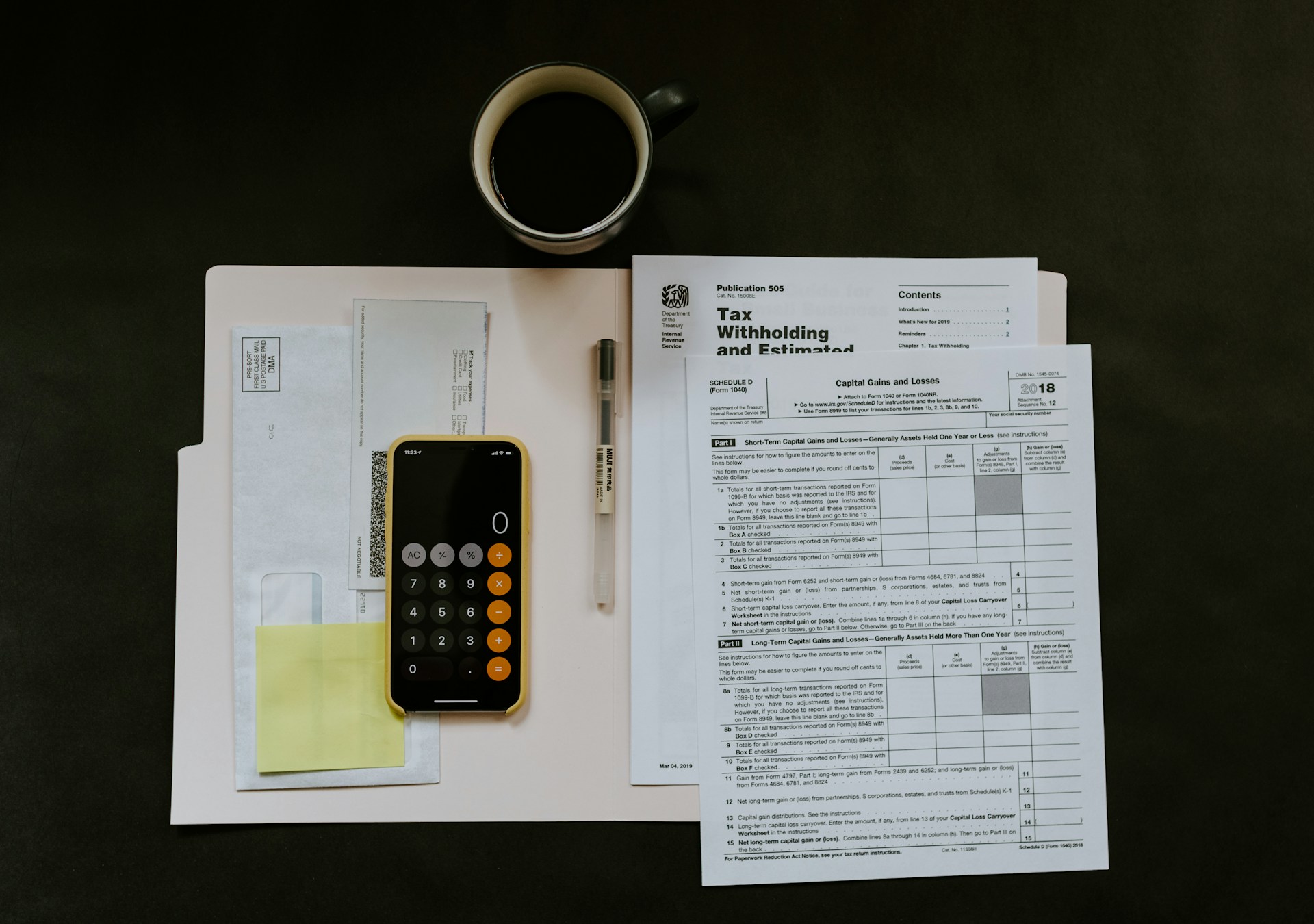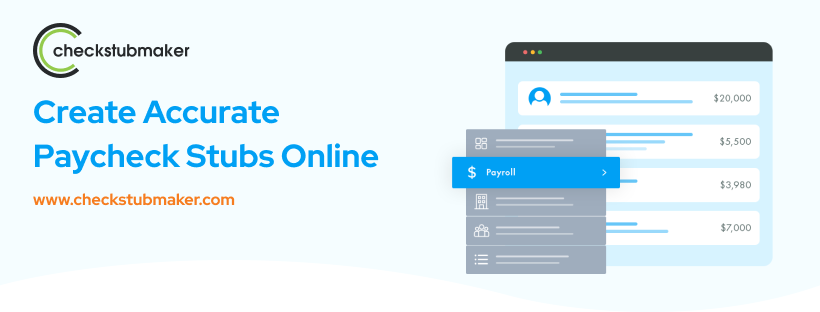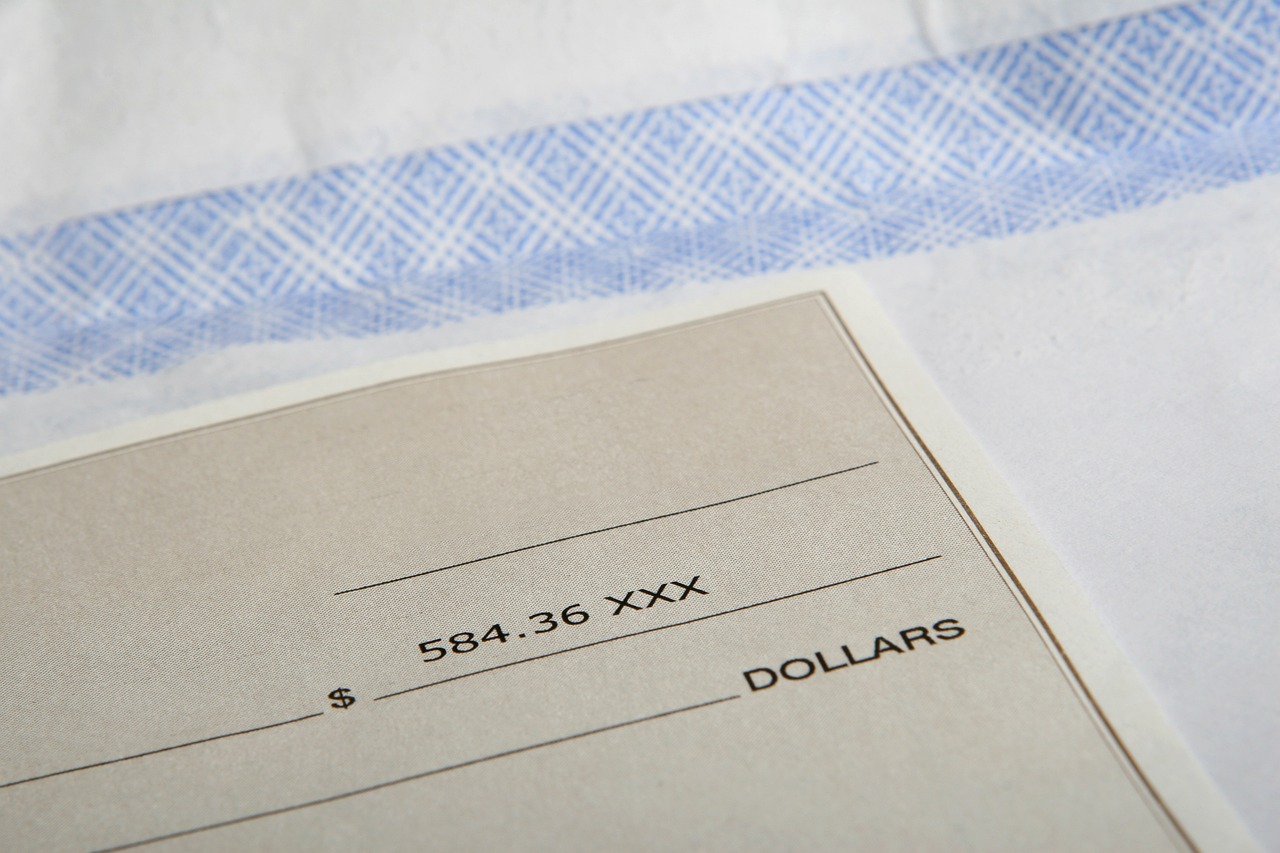
Do's and Don'ts of Small Business Payroll
!Do’s and Don’ts of Small Business Payrollhttps://checkstubmaker.com/wp-content/uploads/2019/08/small-business-payroll-300x200.jpg Getting paid is the number...
Aug 15, 2019When we at Check Stub Maker talk about an ‘exemption on pay stub', we're referring to a specific financial indicator that has a direct impact on your take-home pay.

When we at Check Stub Maker talk about an ‘exemption on pay stub', we're referring to a specific financial indicator that has a direct impact on your take-home pay. Drawing from our experience, this relates to the amount of tax withheld from your earnings. Understanding this payroll element is crucial because it affects net income, potentially increasing your immediate disposable earnings while also influencing your annual tax obligations. In this guide, we'll delve into the intricacies of tax exemptions and withholding allowances and how they're reflected on your copies of check stubs . Let's dig in! What this article covers:
An exemption in standard pay stub sections indicates that an employee has claimed an exemption from federal income tax withholding. This means that, under certain conditions, taxes aren't deducted from their wages. Keep in mind that this status isn't permanent though and must be qualified for annually. You do this by applying for an IRS Employee Withholding Certificate , which is approved after the receipt of the W-4 form if you're eligible. It's a significant aspect of payroll processing that we at Check Stub Maker ensure is accurately reflected when we create pay stubs for our clients.
Being exempt from federal tax withholding means that an employee has claimed and qualified for an exemption from having income taxes withheld from their paycheck. This status is typically claimed when a person expects to have no tax liability. Based on our observations, you must meet specific criteria to qualify, such as:
The process of determining withholding involves evaluating an employee's:
Employees who meet the criteria can claim this status on their W-4 by writing “Exempt” in the space provided. This tells employers not to withhold tax from their wages and ultimately their paystubs .
To claim exempt status, you must submit a Form W-4 to your employer, indicating that you qualify for exemption from federal income tax withholding.
It's possible to claim exempt status temporarily. This is particularly relevant if you anticipate a short period during which you won't owe taxes to the IRS. For instance, you can temporarily get a tax withholding exemption in scenarios where there's a significant difference to wage earnings (you leave your current employment or get a promotion) or marital status (you get married or divorced). These changes in personal and professional capacities will either cause you to have less or more tax withholdings, which calls for the application of a temporary exemption. To adjust withholding temporarily, you must file a new W-4 form each time with your employer, specifying the conditions of your exemption. Our findings show that this flexibility allows for amendments to withholding that reflect alterations in your financial situation or tax responsibilities.

If the IRS determines that you incorrectly claimed exemption when you weren't eligible, you may be subject to:
Understanding how to claim exempt status, whether temporarily or for the full tax year, and the implications of doing so incorrectly, is essential for managing your finances effectively. We encourage you to stay informed and seek professional advice from us at Check Stub Maker when necessary to generate accurate pay stubs that ensure compliance with tax laws and regulations.
Based on our first-hand experience, claiming exemption for a single paycheck typically involves adjusting your W-4 form temporarily. While the IRS guidelines are designed for annual tax obligations, there are specific situations where amendments can be made for shorter periods of time. For instance, if you have a baby or leave the workforce, you need to file a temporary W-4 form to receive an exemption on one paycheck. From there, you must apply for a new withholding exemption no later than 30 days after your first payroll period which succeeded the change in your professional or personal status. It's essential to understand that such adjustments are more about determining withholding amounts rather than your exemption status per se.
If your taxes weren't withheld by your employer and you also didn't have any tax obligations, then there wouldn't be a refund. This is because refunds are typically the result of overpaying taxes relative to your liability, which you wouldn't have done in this instance. However, if your federal taxes were withheld and you didn't pay taxes, but had tax credits, you might still receive a refund if the amount of your intended tax obligations are higher than the refund itself. Some examples of tax credits which might be refundable are:
At Check Stub Maker, we help you make paystubs in minutes. Our analysis of this product revealed that our payroll generator accurately inputs deductions so you can file your taxes with confidence. 
Throughout this article, we've explored the intricacies of 'exemption on pay stubs' and its implications for your tax-related liability. Understanding how they work, whether you can claim them temporarily, and the effects on your tax refunds are crucial for helping you manage your finances efficiently. If you're looking to simplify your payroll process, ensure accuracy in your tax withholdings, or just need a reliable way to generate pay stubs, we invite you to try our pay stub generator . Visit us at Check Stub Maker today and let's make your tax season exempt from errors and stress. If you want to learn more, why not check out these articles below:

!Do’s and Don’ts of Small Business Payrollhttps://checkstubmaker.com/wp-content/uploads/2019/08/small-business-payroll-300x200.jpg Getting paid is the number...
Aug 15, 2019
Have you ever wondered, "Can a bank locate a lost deposited check using the check stub?" It's a common concern, and fortunately, the answer is rooted in a bank asking for paystub and how they meticulously track each transaction.
Apr 24, 2024
!What Are Pay Stub Deduction Codes?https://checkstubmaker.com/wp-content/uploads/2019/06/work-at-home-paycheck-300x200.jpg In the age of direct deposit, a lo...
Jun 20, 2019